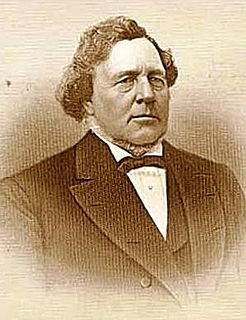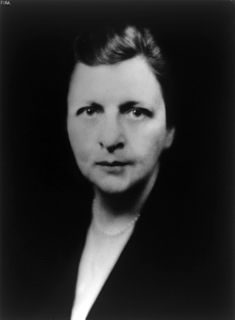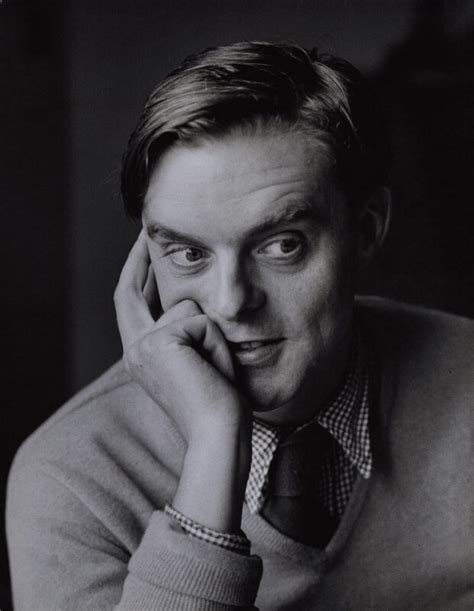A Quote by William Hazlitt
Our notions with respect to the importance of life, and our attachment to it, depend on a principle which has very little to do with its happiness or its misery. The love of life is, in general, the effect not of our enjoyments, but of our passions.
Related Quotes
Life as a therapist is a life of service in which we daily transcend our personal wishes and turn our gaze toward the needs and growth of the other. We take pleasure not only in the growth of our patient but also in the ripple effect—the salutary influence our patients have upon those whom they touch in life.
More than anything else, kindness is a way of life. It is a way of living and walking through life. It is a way of dealing with all that is-our selves, our bodies, our dreams and goals, our neighbors, our competitors, our enemies, our air, our earth, our animals, our space, our time, and our very consciousness. Do we treat all creation with kindness? Isn't all creation holy and divine?
Disease is the misery of our belief, happiness is the health of our wisdom, so that man's happiness or misery depends on himself. Now, as our misery comes from our belief, and not from the thing believed, it is necessary to be on the watch, so as not to be deceived by false guides. Sensation contains no intelligence or belief, but is a mere disturbance of the matter, called agitation, which produces mind, and is ready to receive the seed of error. Ever since man was created, there has been an element called error which has been busy inventing answers for every sensation.
Is civilization progress? The challenge, I think, is clear; and, as clearly, the final answer will be given not by our amassing of knowledge, or by the discoveries of our science, or by the speed of our aircraft, but by the effect of our civilized activities as a whole have upon the quality of our planet's life-the life of plants and animals as that of men.
Out of our first century of national life we evolved the ethical principle that it was not right or just that an honest and industrious man should live and die in misery. He was entitled to some degree of sympathy and security. Our conscience declared against the honest workman's becoming a pauper, but our eyes told us that he very often did.
Nothing can tell us so much about the general lawlessness of humanity as a perfect acquaintance with our own immoderate behavior. If we would think over our own impulses, we would recognize in our own souls the guiding principle of all vices which we reproach in other people; and if it is not in our very actions, it will be present at least in our impulses. There is no malice that self-love will not offer to our spirits so that we may exploit any occasion, and there are few people virtuous enough not to be tempted.




































